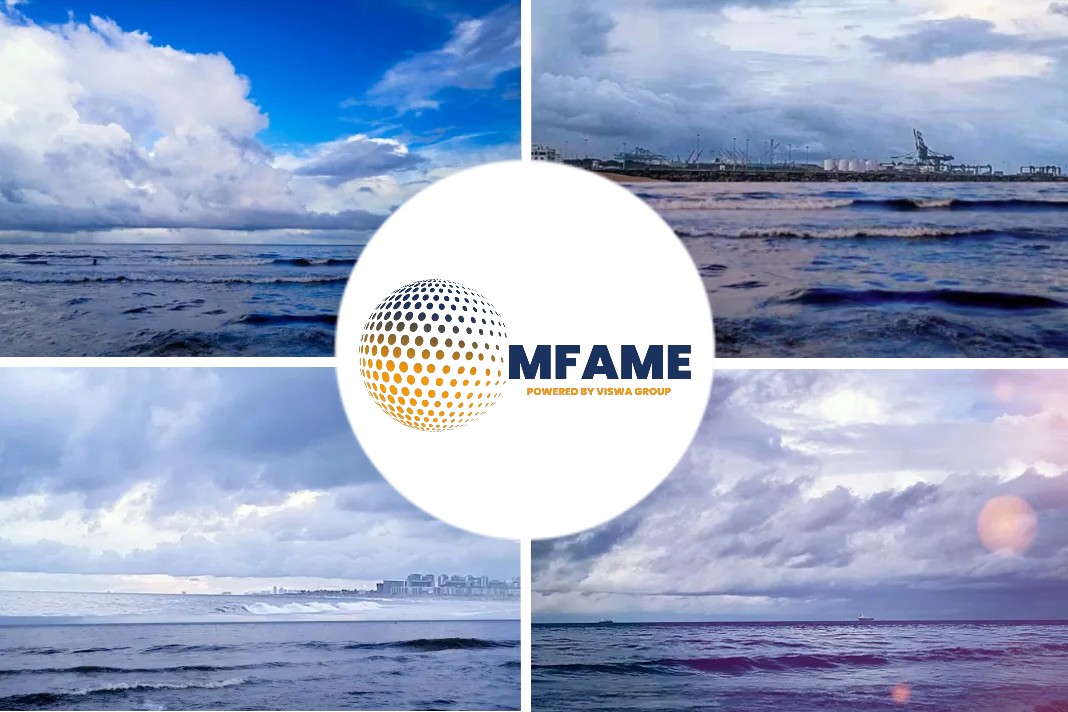Canadian Pacific Railway estimated on Nov. 19 that is would restore service on its rail link between Vancouver and the interior of British Columbia around the middle of next week, four days after floods and landslides cut off the port city from the rest of Canada, says an article published in Platts.
Widespread flooding
British Columbia declared a state of emergency on Nov. 17 after a series of severe storms and record rainfall caused widespread flooding. Canada has deployed troops to help evacuate cities and towns in southern British Columbia to Vancouver.
Export cargoes
CP said it was working around the clock to restore around 20 separate sections of track between Kamloops, British Columbia, and Vancouver. Rail outages have prevented most export cargoes of coal, wheat, potash, sulfur and other products from reaching dry bulk and container terminals on the Pacific Coast.
Flooding impacts on highways remain severe and widespread throughout southwestern British Columbia and all highways remain closed to non-essential traffic as work crews continue with reconstruction and repairs, the Port of Vancouver said. One highway route was opened intermittently to allow some traffic to flow out of the impacted areas to Vancouver.
Crude pipeline remained shut
The Trans Mountain pipeline carrying 300,000 b/d of Western Canadian crude and refined products from Alberta to Vancouver was shut down as a precaution and remained closed on Nov. 17.
Prompt prices for November barrels of Western Canadian crudes were heard offered at steep discounts to the WTI benchmark on Nov. 19 as traders searched for alternative outlets amid the shutdown of the Trans Mountain pipeline.
Mixed Sweet crude in Edmonton, Alberta, was heard offered for November at an $11/b discount to the WTI calendar month average. Mixed Sweet’s 30-day rolling average differential to WTI CMA is minus $2.87/b, according to S&P Global Platts data. Western Canadian Select in Hardisty, Alberta, for November was heard offered at WTI CMA minus $24.25/b. WCS Hardisty has averaged a discount of $16.63/b over the past 30 days.
Prompt prices for crude can often reflect real-time market disruptions as traders look to either store or find new buyers for crude that was destined to be transported by a pipeline that has been shut.
Prompt trading of barrels of Canadian crude seemed to be the focus Nov. 19 as active January trading had yet to resume. At least one trader said it was still too soon to know if pricing for January would be impacted by the pipeline outage.
Marine fuel prices
Spot marine fuel bunkers markets have been slow to react in Vancouver, with feedback on demand fundamentals mixed from local sources as the focus remains on logistics.
Spot 0.5%S marine fuel bunkers value rose $2 in Vancouver to $615/mt ex-wharf, while the MGO spot price rose $4 to $790/mt ex-wharf.
The gains came as most other North American bunkers assessments trended lower and in line with a weaker US crude complex.
Vancouver spot bunkers pricing has been talked in a wide range since late Nov. 18, with some sources pointing to a lack of demand amid cargo backlogs while citing the lower price levels.
“Demand is non-existent as the port works through issues,” a Vancouver bunkers source said.
“Cargo delays will grow over the weekend. Vessels are not able to load and therefore are not requiring fuel at this time.”
Others, however, continue to see spot levels higher than those seen pre-storm, with the late-week declines in crude and diesel futures doing little to mitigate supply outlook concerns.
“Tight there and market moving up because of pipeline shutdown,” a trading and brokering source said.
Port congestion worsens
The Canadian wheat market had a positive tone to end the day Nov. 19 after CP announced it could its railway to the Port of Vancouver cleared as early as the middle of next week.
“Pretty crazy if they can get repaired that quickly,” said a source when hearing the announcement.
German shipping firm Hapag-Lloyd said on Nov. 18 that CP and Canadian National Railway were not accepting containers for imports moving though Vancouver or containerized export cargoes moving through their networks bound for Vancouver.
“Import truck pick up is still available at all marine terminals, however delays can be expected, depending on final destination of the cargo,” Hapag-Lloyd said in a notice to customers.
“There is no clear timeline for when the province’s highway network will be functional again.”
Danish shipping firm A.P. Moller-Maersk said the regular flow of containers in and out of the Port of Vancouver could be impacted for weeks with increased congestion at terminals and vessel delays. Waiting times for container ships to berth were estimated at five to seven days, the company said.
There were 10 container ships, 37 dry bulk carriers and two tankers at anchor waiting to berth at Port of Vancouver terminals on Nov. 19, according to Platts cFlow trade analytics software.
Did you subscribe to our daily newsletter?
It’s Free! Click here to Subscribe!
Source: Platts


















